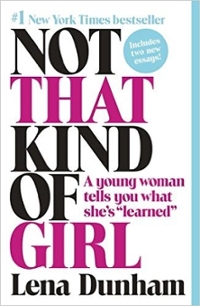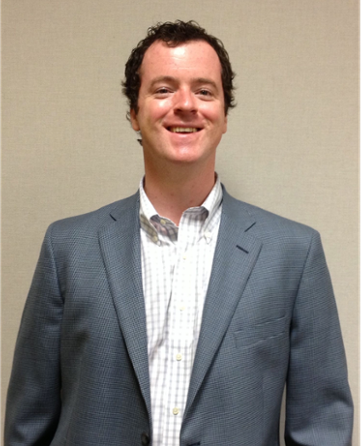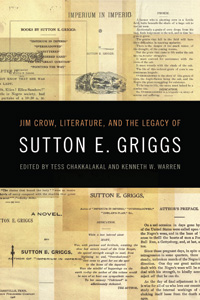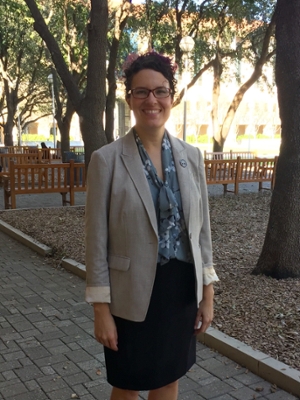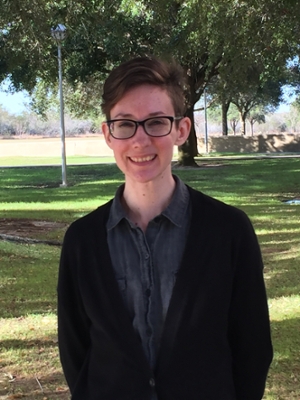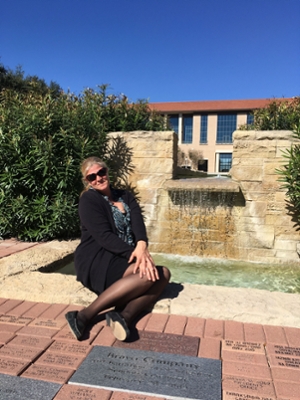Get to Know Your Professors in English
Who are the professors of the English program at TAMIU? What do they teach and why? Throughout the spring 2017 semester, we will be featuring our faculty in the department so our students and the community at large can get to know us a bit better.
Feel free to scroll through the interviews, or click the links below to go directly to the person you are interested in.
| Dr. Charlene Summers |
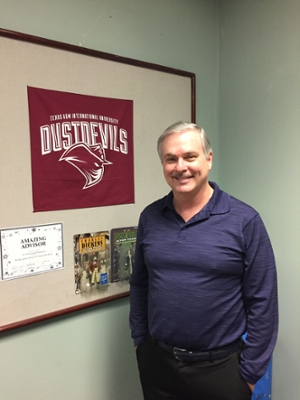
Dr. Paul Niemeyer
Associate Professor of English
Dr. Niemeyer specializes in Victorian literature, and he has published a book on film adaptations of Thomas Hardy's novels. He is currently teaching a TAMIU Signature Course on the novel Frankenstein.
1. How long have you taught at TAMIU? What has changed since you started?
Fall 2017 will mark ten full years that I’ve taught here. Back in 2007 there was a sea of students; today it’s more like a small ocean. One thing that’s stayed the same is an attitude at all levels of “let’s do this” or “let’s try this”—something you don’t often see at older, bigger universities.
2. What text are you teaching this semester that you are particularly looking forward to? Why?
Mary Shelley’s Frankenstein. I’ve taught it several times, but this semester I’m teaching it as the basis of a first-year “Signature” course, where I’m asking students to think about how this novel has affected the way we think about scientific ventures: cloning, genetic modifications, and so on.
3. What conference have you attended recently? Where was it?
Last July I went to the Thomas Hardy Conference & Festival in Dorchester, England. It was fantastic to hear scholars from around the world talk about Hardy’s relevance today and about the new things they discover in his work. It was also a chance to meet up with old friends and to play tourist at Stonehenge and at places used as locations in films based on Hardy novels.
4. What is an upcoming project you are working on?
Right now I’m researching a conference paper—which I hope will also be an article—on Dracula and the Victorian funeral industry. And it was an industry: in London there were “funeral warehouses” where you could get everything you needed to mourn the dead, from clothes to jewelry to home décor. It was the Victorians’ Party City.
5. What do you do in your free time?
I’ve got a Blu-Ray player and a Netflix account. I’ve also become a collector, specifically of what’s often called toy soldiers—though they’re not toys and only some are soldiers. They’re works of art. Sherlock Holmes and Dr. Watson are on display in my office.

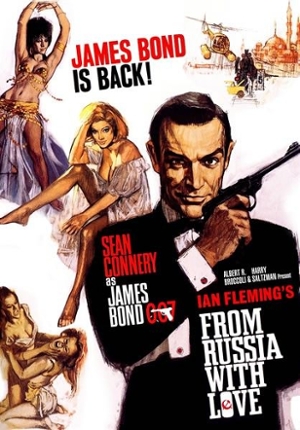
7. What is your favorite film or television series?
I don’t have a “desert island” movie or anything like that. But I’m an unrepentant James Bond fan—the Connery classics, and I like how Daniel Craig is redefining the character for today. And it’s hard to beat Hitchcock—his “okay” films are better than some directors’ greatest works.
8. What is your favorite literary quote and why?
“There lives more faith in honest doubt, / Believe me, than in half the creeds.” —Alfred, Lord Tennyson, In Memoriam A.H.H. 96. Tennyson was talking about religion, but it also applies to academic studies: doubt is a good thing that should lead you to ask questions—that’s how you find answers!
6. What are you reading for fun right now?
A couple of years ago I discovered the science fiction writer John Scalzi through his novel Redshirts—a riff on those who always end up dead in Star Trek. Scalzi’s books are a lot of fun, and he makes concepts like String Theory understandable for non-science people like me.
TAMIU is a fantastic place to work. My colleagues are outstanding individuals whom I learn from every day. My students welcome new ideas and have an appetite for discovery. My institution is supportive of the efforts of its faculty to produce and to publish quality research.
Guilty to admit it, but I love teaching my sophomore survey in “American Literature to 1865.” The novel I return to semester after semester, though other elements of my syllabi frequently undergo revision, is Nathaniel Hawthorne’s most famous book, The Scarlet Letter (1850). His novel says so much about the American character, and often so much that lies just beneath the surface, that I really don’t think I will ever grow tired of reading and teaching it every semester.
I am writing a book called “At the Tomb of the American Renaissance.” Hawthorne’s Scarlet Letter features prominently in my introduction where I compare Hester Prynne to Antigone. My first chapter engages with a number of abolitionist authors like Fuller, Thoreau, and Douglass. I devote my four remaining chapters to Emerson, Poe, Hawthorne, and Melville. I cannot sum up my research in a sentence, but I can say that I believe the romantic idea of America that was envisioned by the authors of the American Renaissance is worthy of our remembrance today.
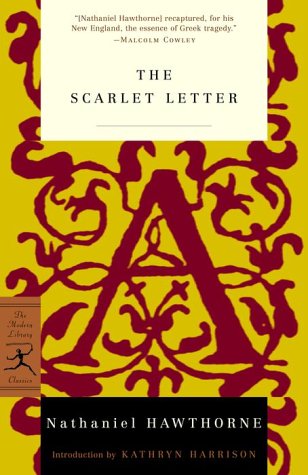

I advise our students to read a lot, to think a lot, and to study a lot. I also advise them to have fun a lot. The world is filled with too much shallow thought; please, resist that centripetal tendency. Educate yourself; cultivate yourself; improve yourself. Open your minds and keep them open.
I was born and raised in Yarmouth, Nova Scotia. Yes, that is in Canada. Yes, you should visit. I will be teaching a Study Abroad course on Canadian Literature in Halifax, NS next summer.
7. What are you reading for fun right now?
I am reading The Human Stain by Philip Roth, a book that I cannot recommend highly enough. Next on my lists are Zadie Smith’s On Beauty and Philip K. Dick’s Man in the High Castle.
8. What is your favorite literary quote and why?My favorite quote today (because it will undoubtedly change tomorrow) is from Thomas Paine’s “The Crisis, No. 1” (1776): “I love the man that can smile in trouble, that can gather strength from distress, and grow brave by reflection.” I just think that is really universal advice to heed.
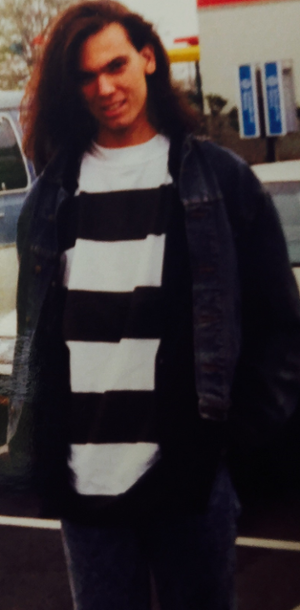
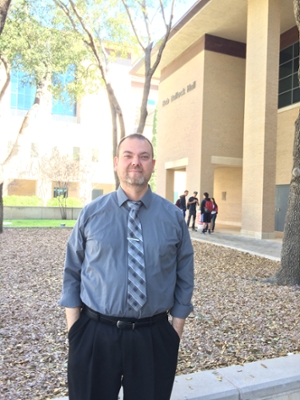
Mr. William Nolen
Instructor of English and Philosophy
Mr. William Nolen is a TAMIU MA graduate in English and a Boston College MA graduate in Continental Philosophy. He is currently working on his doctorate in Literature and Criticism at the Indiana University of Pennsylvania. At TAMIU, he teaches courses in composition, literature, and philosophy.
1. What are you researching/writing currently? How does this project relate to your teaching? Why did you choose it?
2. What courses are you teaching next semester (Fall 2017)?
Philosophy of literature (WIN ENGL/PHIL cross listed) is looking at the history of the relationship between word and image in Western culture from the hieroglyph and cuneiform to the comic book and the meme.
Philosophy of religion (WIN) is looking at Eastern Asiatic religions like Hinduism, Buddhism, Taoism, and Shinto.
3. What are your reading for fun right now?
4. What is your favorite film or television series?
Films: Ingmar Bergman’s The Seventh Seal, Martin Scorsese’s Gangs of New York, Darren Aronofsky’s Black Swan, Ridley Scott’s Blade Runner
Television: The Wire, True Detective (Season One), Game of Thrones, Rome
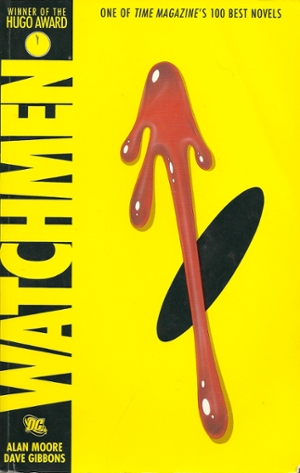
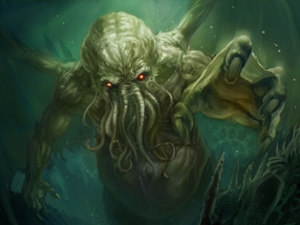
5. What is your favorite literary quote and why?
“The so-called ‘practical men’ sneer at speculative men as if, because they speculate or see, they could do nothing. […] Action is with the scholar subordinate, but it is essential. […] Without it thought can never ripen into truth. […] Inaction is cowardice, but there can be no scholar without the heroic mind. The preamble of thought, the transition through which it passes from the unconscious to the conscious, is action. Only so much do I know as I have lived. Instantly we know whose words are loaded with life, and whose not.” Ralph Waldo Emerson “The American Scholar”
Why? Because now more than ever, the intellectuals must stand up and act, the political realm must not be left in the hands of those who wish to exploit it and all of the world for personal profit at the expense of all.
Dr. Tess Chakkalakal
Visiting Associate Professor of English
Dr. Chakkalakal is visiting our department this semester from Bowdoin College, Maine, where she is an Associate Professor of Africana Studies and English. She specializes in nineteenth-century American literature.
1. What is your area of specialization?
I study 19th century American and African-American literature. I am currently writing a biography on Charles W. Chesnutt, who is known as the first “great” African American novelist.
I am also interested in the novels of a little-known African-American Texan author named Sutton E. Griggs, who wrote and published 5 novels between 1899 and 1905. I co-edited a collection of essays about Griggs’s life and work.
2. What courses are you teaching this semester?
I am teaching a grad class this semester: Introduction to the 19th century American novel.

3. What do you enjoy most about working/teaching at TAMIU?
4. What text are you teaching this semester that you are particularly looking forward to?
I am really looking forward to teaching Henry James’s novel Portrait of a Lady. It is very, very long and, though it was written in the late-nineteenth century, it provides many insights into the way we live and relate to one another now.
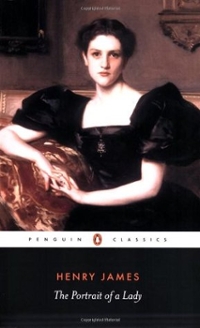
Dr. Ula Klein
Assistant Professor of English
Dr. Klein specializes in eighteenth-century British literature and women’s and gender studies. She received her PhD in English at Stony Brook University on Long Island in 2013.
1. How did you decide to pursue your particular field of study?
2. What is an upcoming project you are working on?
Right now I’m working on bringing back the Women’s and Gender Studies minor at TAMIU. We used to have one, but recently it hasn’t been available to students. I’d like to change that.
I myself have a graduate certificate from Stony Brook in Women’s and Gender Studies, and feminist literary studies and LGBTQ studies are very important to my research. I’m looking forward to bringing these topics to TAMIU in the form of a minor, so interested students can learn more about women’s history, gender issues, sexuality studies, and many other fascinating and timely topics.
3. Where are you from originally?
I was born in Wisconsin (Go Packers!), but I grew up and went to school in Maryland, on the East Coast. Although it is a muggy, humid place in the summer, and kind of gray and chilly in the winter, I do miss Maryland a lot. My hometown of Frederick has a cute little downtown with lots of restaurants, shops, bakeries, and pubs, and it’s fun to hang out there. My parents still live there, so I visit at least once a year, if not twice.
I love the views of the Appalachian Mountains in Frederick. There are lots of beautiful colors in the fall when the leaves turn—that’s definitely what I miss most about not living there.
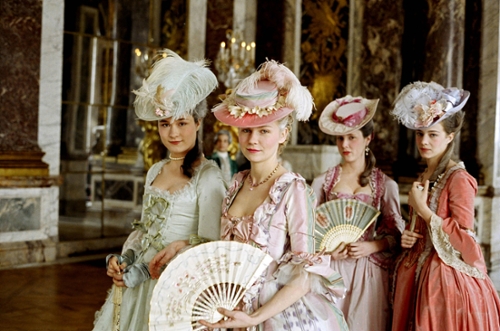

4. What do you do in your free time?
Obviously, I love to read for fun, but I also have a lot of other hobbies. I love to experiment in the kitchen with new recipes, and I love to bake for my friends. Recently I have gotten into crocheting and painting; I find both of these activities are great for stress relief.
I also have a very fat cat named Calliope whom I like to photograph and play with (when she feels like it).
5. What are your reading for fun right now?
Right now I am reading a Stephen King novel called Joyland. It’s his homage to the pulp fiction genre of the mid-twentieth century. It’s about a college kid who works at a (possibly) haunted carnival in North Carolina.
Before that I was reading Neil Gaiman’s Neverwhere, and I enjoyed that very much. As you can tell, I really enjoy fantasy and speculative fiction.
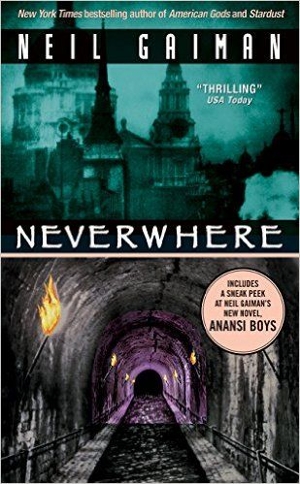
Dr. Kathryn Klein
Visiting Assistant Professor of English
Dr. Kathryn Klein joins us here after teaching previously at Tennessee Tech University and Vanderbilt University, in Tennessee. She received her Phd in English at Stony Brook University, on Long Island, and she specializes in modernist literature, LGBT and women's studies, and fiction writing.
1. What do you enjoy most about working/teaching at TAMIU?
The people. My students are absolutely some of the nicest and brightest I’ve ever had the privilege to teach and work with. I also love that there’s a real sense of community among most people on campus—students and staff—and a sense of pride in TAMIU that’s exciting to be a part of.
2. What is your area of specialization? Why did you choose it?
My primary specialization is modernist literature. While modernist scholars have arguments about what is and isn’t “modernism,” most of us agree that the time period in which it was written is between 1900 and 1939, with a few works that come before and after. I study modernist literature from a lot of different European countries, but my focus is Irish, English, and American modernism.
I became interested in modernism after I took a survey course as an undergraduate that included Virginia Woolf’s Mrs. Dalloway, Mikhail Bulgakov’s Master and Margarita, and William Faulkner’s As I Lay Dying. These three are still some of my favorite books and authors. I love the bleak desolation of modernist prose, and I love the experimentalism most of these authors and others embraced to write their fiction and poetry.
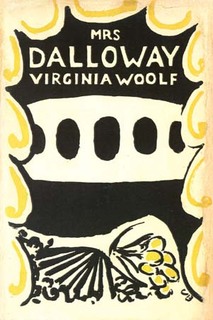
3. Where are you from originally?
I’m originally from a small town in Northern Colorado, about forty minutes from Rocky Mountain National Park. I grew up hiking, camping, and skiing, and I still get to go back fairly often since my immediate family still lives there. I was recently back in Colorado for the holidays, which meant I got to see some of the snow I miss living here in Laredo. I was happy to come back here for the warm weather, though, since I no longer like the cold the way I used to.
4. What do you do in your free time?
5. What is your favorite film or television series?
I fell in love with Parks and Recreation last year and I’ve been watching it for the second time through the last month or so. Before I was a professor, I had several office jobs, and I feel like the show really captures the experience of working in a small office with different kinds of people. I love sarcasm and wit, which is the kind of humor the show relies on, so I find it really funny.
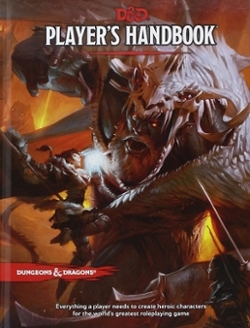
Dr. Charlene Summers
Assistant Professional of English
1. What are you teaching this semester?
I am currently teaching Composition II, Technical Communication, and Teaching Composition. My PhD is in Rhetoric and Composition, and I mentored graduate teaching assistants at my last university on the best practices for teaching composition. My dissertation research involved a study of my students, spanning four classes over two semesters, to identify what students learn in one context and apply in another (referred to as transfer). I love teaching and am excited that I get to help future teachers of writing learn how to be the best teachers they can be.
2. What is your favorite part of working at TAMIU?
My students. And, I get to work with awesome faculty. When I made my campus visit during the interview process, I fell in love with the people here. Provost Mitchell was the Dean when I interviewed, and when I asked him what TAMIU’s greatest asset was, he replied with, “the people.” He was not wrong. The people here wonderful, and they reassure me that I made the right decision taking a position here.
3. What is your favorite thing about Laredo?
Whataburger. As I am not a Texas native, I fell in love with the sweet and spicy bacon burger (which I understand is no longer available). My students like to make fun of me because I talk about Whataburger so much in class—although, I do not eat it that often.
4. What are you reading for fun right now?
Not That Kind of Girl by Lena Dunham. I really enjoy reading creative non-fiction. And, Lena Dunham is so real and so honest in her book. It reaches out to me in a way that other books do not—it is absolutely hilarious but also has a serious tone and touches on serious issues. Some of the things she writes about are not things that other authors are always willing to share, which makes the book very raw. To me, it rings true to a lot of the ways that I feel about myself as a woman.
5. What do you do in your free time?
Spend time with my dogs and garden. I also enjoy going on walks, fishing, grilling, and spending time with friends. I have lots of potted plants in my cabana that I adore and take care of.
